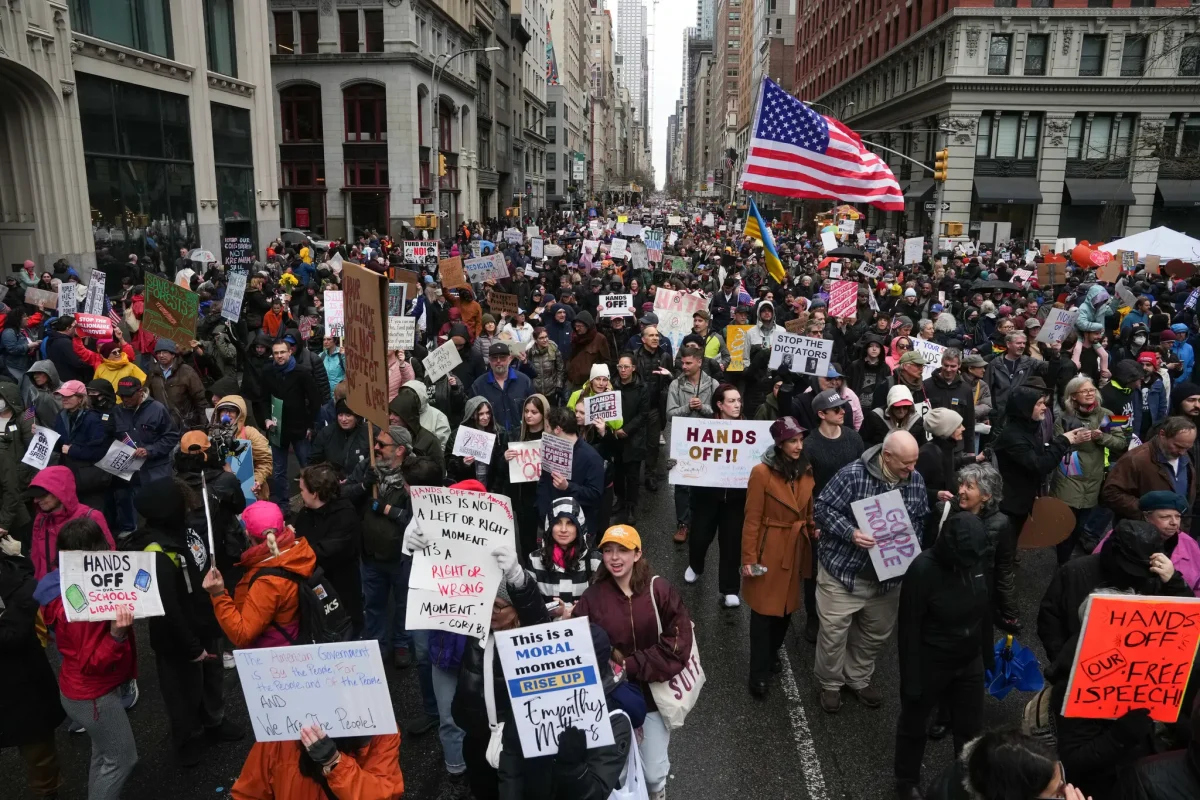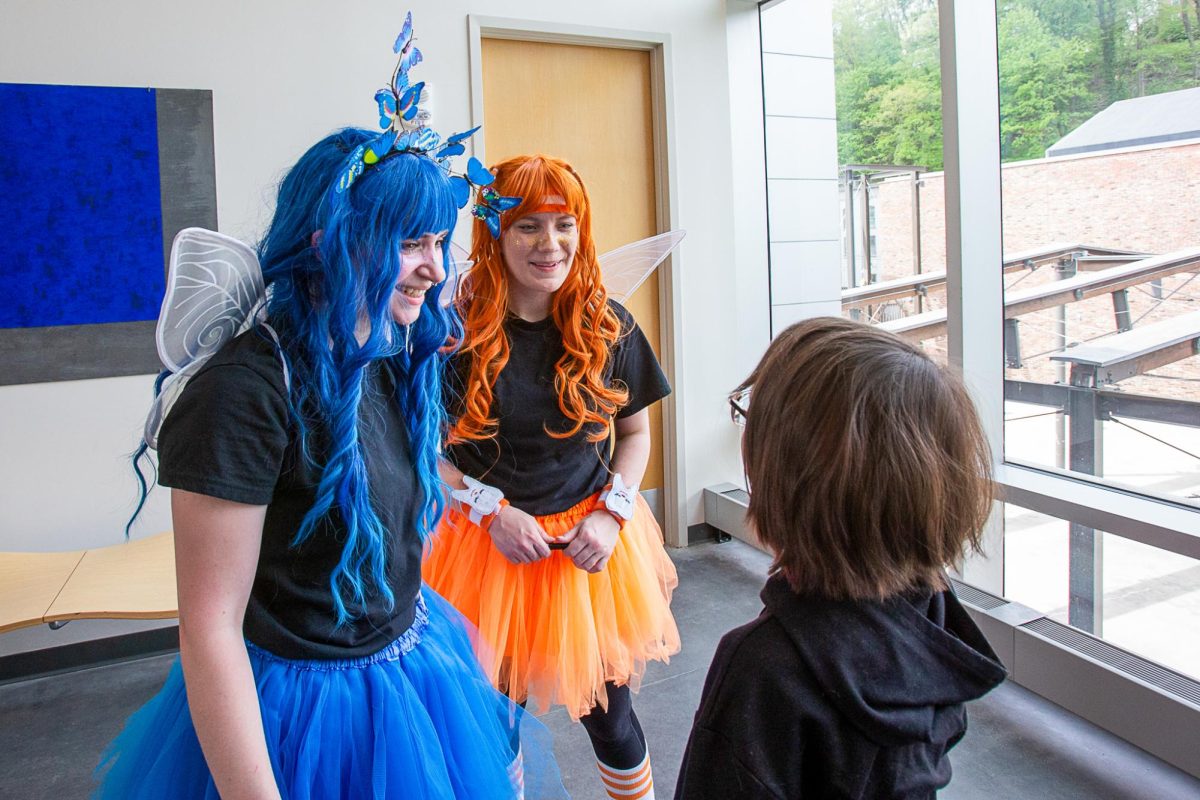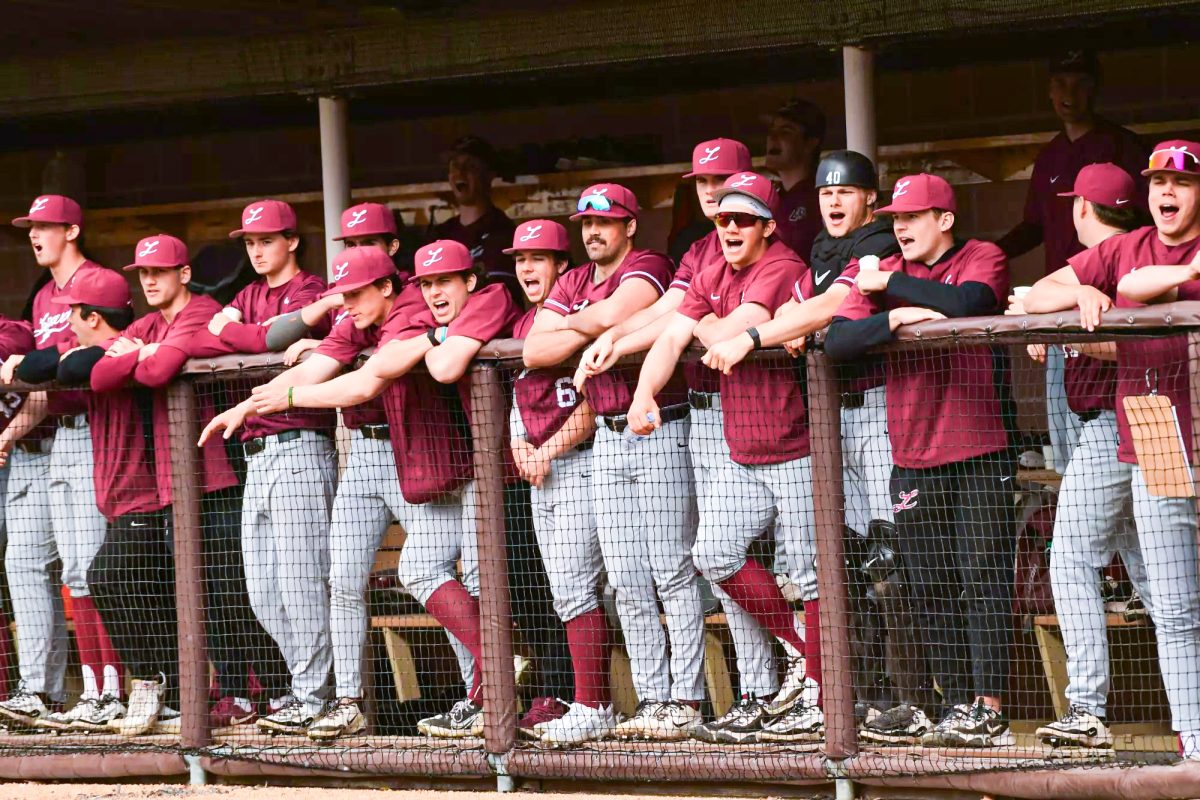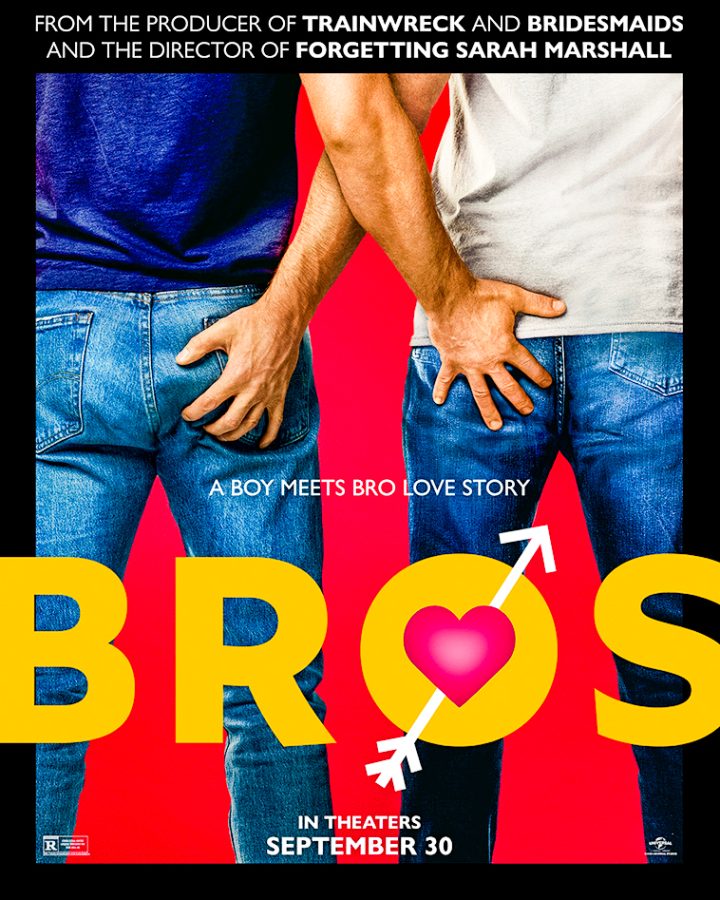After I saw the trailer for “Bros,” I was excited by what the film seemed to advertise: a rom-com that centered an LGBTQ museum exhibit. However, the resulting movie is a mixed bag with some funny scenes and enjoyable moments, but also a lot of unexplored subplots and character issues.
The story follows Bobby (Billy Eichner), an insecure museum curator and podcast host who grapples with loneliness in a world that is not inclusive of LGBTQ people. He meets Aaron (Luke Macfarlane), a detached lawyer, and the two develop feelings for each other, though neither wants a exclusive relationship.
It seems like an interesting plot on paper, but it has flawed and uneven execution. I didn’t feel the LGBTQ museum idea was fully fleshed out, and the dramatic movements in the relationship between the two men are too predictable. Both just seem like a plot device used to place the character Bobby and his actor Eichner, who is also the film’s screenwriter, on a pedestal.
This gets at the film’s central problem: its main character. In the opening scenes of the film, Bobby is likable because of a dramatic irony: he’s smart and well-known, but he’s also socially awkward and insecure. His gag wears off, though, and I feel he doesn’t change very much throughout the course of the film, which makes his story arc somewhat underwhelming. His dialogue consists solely of contrived self-critiques that feel ripped straight out of essays or reviews rather than words carefully written in a screenplay.
Interestingly, I sympathized more with Bobby’s love interest, Aaron, who was a more well-rounded and intriguing character. Aaron, who prefers to present his sexuality in a more heteronormative way, has difficulty being himself. He’s not only dealing with his LGBTQ status, but he’s also concerned about his work, legacy and pursuing his dreams. He also gets emotionally beat up by Bobby, so I was rooting for him more.
It’s worth highlighting that the film doesn’t live up to its promise of representing the broader landscape of the LGBTQ community. While there is a gender-diverse cast of side characters and brief mentions of various LGBTQ heroes, this is really a story about two gay men. Everyone else in the film is one-dimensional, either a plot device or part of a running joke.
In terms of its humor, there are some funny scenes and others that fall flat. It’s very subjective but I feel that audiences will find a couple of laughs, though most of them appear in the trailer.
A saving grace of the film is its heartfelt, cheesy ending. There’s a nice song sequence at the end that I’m convinced the film was constructed around. So, if you’re watching this film and you find it dragging in the middle, I recommend seeing it through.
Ultimately, I can’t recommend this film to everyone, but it does have an audience for those looking for a slightly above-average comedy and for those who have a noncritical sense of humor. It is a teachable text that offers some well-placed education about LGBTQ history, albeit an incomplete picture.
“Bros” isn’t as good as I hoped it would be, but it shows the potential of an LGBTQ movie with broad market appeal. I hope that Hollywood gives the idea another shot despite the film’s underwhelming box office performance so far.
























































































































